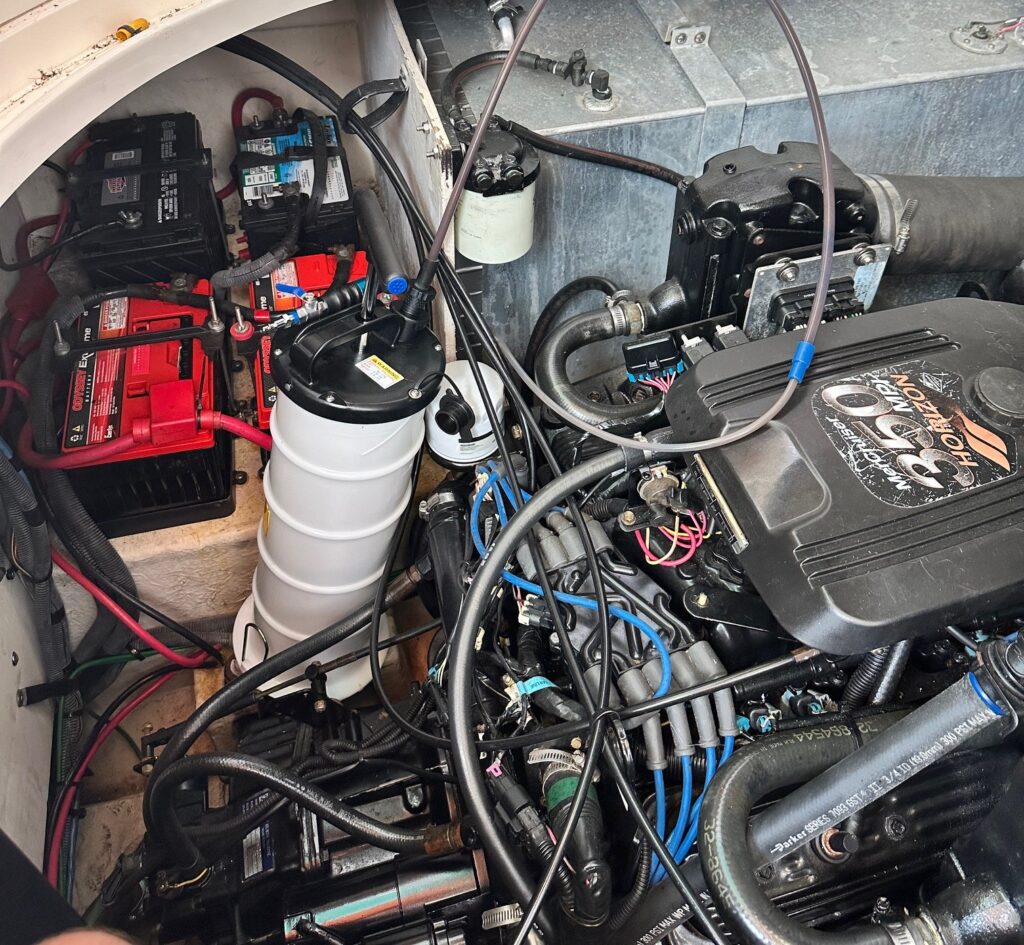Proper boat maintenance is essential for ensuring the longevity, safety, and performance of your boat. Regular maintenance helps prevent costly repairs, improves fuel efficiency, and ensures that you are always ready for your next outing on the water, especially if you’re located in a boating community like Raleigh, North Carolina, where you may enjoy lakes, rivers, and nearby coastal access. Here’s a comprehensive guide to maintaining your boat, focusing on key areas:

The engine is the heart of your boat and keeping it in good working condition is crucial for reliability and safety.
a. Regular Oil Changes
b. Check and Replace Fuel Filters
c. Inspect and Replace the Spark Plugs
d. Winterizing the Engine (if storing for winter)
The battery powers the engine, electronics, and other systems on your boat. Proper battery maintenance helps avoid issues like dead batteries when you need them the most.
a. Clean the Battery Terminals
b. Check the Battery Voltage
c. Store the Battery Properly
The propeller is essential for the movement of your boat. Maintaining it ensures smooth operation and prevents damage.
a. Inspect the Propeller for Damage
b. Clean the Propeller
The hull is the part of the boat that sits in the water, and the deck is where you and your passengers stand. Both need regular maintenance to avoid damage, maintain safety, and ensure longevity.
a. Clean and Wax the Hull
b. Inspect the Hull for Damage
c. Check and Maintain the Bilge Pump
Boats often have complex plumbing and electrical systems, including fresh water, waste, and electrical systems, which require regular checks.
a. Inspect the Electrical System
b. Inspect and Clean the Water System
The sun, rain, and saltwater can damage canvas and upholstery. Regular care can extend their lifespan and keep your boat looking great.
a. Clean and Protect Canvas and Upholstery
If you trailer your boat, maintaining the trailer is just as important as maintaining the boat itself.
a. Inspect Tires and Bearings
b. Check the Lights and Wiring
Regular boat maintenance ensures a smooth and enjoyable experience on the water. By focusing on these essential areas—engine, battery, propeller, hull, deck, electrical systems, and trailer—you can keep your boat in top shape, prevent costly repairs, and improve safety.
Be sure to consult your boat’s owner’s manual for specific manufacturer recommendations and follow any seasonal or usage-specific maintenance schedules. Proper care will help you get the most out of your boat, whether you’re spending time on Jordan Lake, Falls Lake, or venturing out to the North Carolina coast.
© 2025 All Rights Reserved.
Serving Raleigh | Serving Wake Forest | Serving Durham | Serving Kerr Lake | Serving Lake Gaston
Boat detailing and maintenance in Raleigh, NC | Boat winterization in the Raleigh area | Gelcoat restoration in Wake Forest NC | Boat maintenance Kerr Lake NC | Boat repair Wake Forest